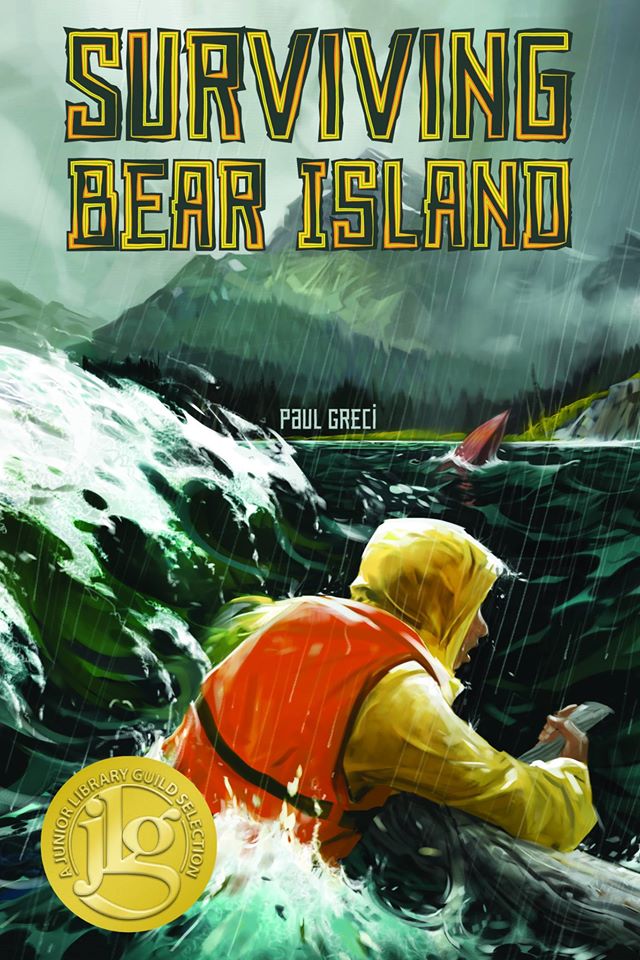
When I started teaching I used define success externally. Were my students learning? Did they get what I was trying to teach them?
Slowly, I came around to defining success internally. Did I do the best I could do at the given time? How did I feel about how I interacted with my students? Was I working at becoming a better teacher and not just going through the motions?
When I looked back at each day or week or year I could gage where I’d been and think about where I wanted to go. What big changes did I want to make? What from the foundation I’d built did I want to remain the same?
I think you can apply the same system to writing. Sure, we all have external goals. Procuring an agent to shop our manuscripts and help us build a writing career. Landing a book deal. Landing multiple book deals. Having a book optioned for a movie. The list goes on.
When I look at what I do as a writer daily, weekly, yearly, the less I focus on the external—the things I have no control over—and the more I focus on the internal, i.e. how much time am I devoting to my writing, to learning the craft, to experimenting with new ways to tell stories… well, these are the things that are going to make me a better writer. And, a more satisfied writer.
Instead of worrying about the things you have no control over, just keep working on your craft in the myriad ways available. I know this isn’t an easy thing to do—I catch myself obsessing about things I have no control over multiple times daily—but the more you can reduce that worry, the more energy you’ll have available for what you sat down to do in the first place.
Happy writing!!















